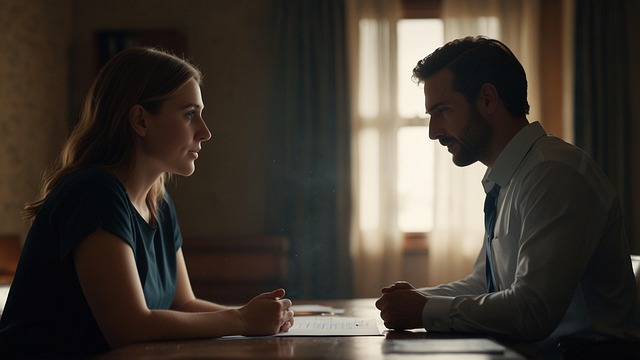In Baltimore, MD, massage abuse is a growing concern, with incidents ranging from non-consensual sexual acts to harassment, causing significant emotional trauma to victims. To combat this issue, there's a pressing need for increased awareness, stricter regulations, and effective legal recourse. A specialized massage abuse law firm in Baltimore MD plays a crucial role by supporting survivors, advocating for their justice, and ensuring accountability through expertise in sexual misconduct laws. Johns Hopkins Bayviews, as a leading such firm, prioritizes cultural competency, educating and training staff to serve diverse clients respectfully. Victims of physical, emotional, or sexual abuse can find critical support from these law firms, which offer comprehensive advocacy, building trust, preserving evidence, interviewing witnesses, and crafting powerful narratives for justice.
In Baltimore, MD, the issue of massage abuse has garnered significant attention, prompting a closer look at legal ramifications and cultural competency. This article explores these facets through three key sections. We delve into the understanding of massage abuse, focusing on its prevalence in the city. Next, we highlight the Johns Hopkins Bayviews approach, showcasing their commitment to cultural competency. Lastly, we provide a guide for victims, offering strategies for effective advocacy when navigating the legal system with a focus on support from a massage abuse law firm in Baltimore, MD.
Understanding Massage Abuse and Its Legal Ramifications in Baltimore, MD
In Baltimore, MD, massage abuse is a growing concern within the wellness industry. This includes non-consensual sexual acts, harassment, or any form of misuse during a massage service. Given the intimate nature of these incidents, victims often face significant emotional trauma and may be reluctant to come forward due to fear or shame. As such, there’s a pressing need for increased awareness, stringent regulations, and effective legal recourse.
A massage abuse law firm in Baltimore MD plays a pivotal role in advocating for survivors, providing them with the support they need to seek justice. These legal professionals are equipped to navigate complex laws surrounding sexual misconduct and have the expertise to help victims understand their rights and options. They work diligently to ensure that those responsible face consequences, fostering a safer environment for massage therapy services across the city.
The Johns Hopkins Bayviews Approach to Cultural Competency
At Johns Hopkins Bayviews, we understand that cultural competency is a cornerstone in addressing and resolving cases of massage abuse within our community. As a leading massage abuse law firm in Baltimore, MD, we recognize the diverse cultural backgrounds of our clients and adversaries, and this awareness shapes our approach to justice. Our team is dedicated to providing sensitive, respectful, and tailored legal services that consider the unique needs and perspectives of each individual.
We achieve cultural competency through continuous education and training for our attorneys and staff. We actively seek to hire and maintain a diverse workforce that reflects the multicultural fabric of Baltimore. This approach ensures that we can better empathize with clients from various ethnic, racial, and cultural backgrounds, fostering an environment where everyone feels heard and respected. By integrating cultural awareness into every aspect of our practice, Johns Hopkins Bayviews strives to be a champion for justice in massage abuse cases, delivering legal solutions that resonate with the communities we serve.
Strategies for Effective Advocacy in Abuse Cases: A Guide for Victims
When facing a situation of abuse, whether physical, emotional, or sexual, seeking help from a specialized massage abuse law firm in Baltimore, MD, can be a pivotal step towards justice and healing. These legal professionals are equipped to provide effective advocacy, guiding victims through complex legal processes while ensuring their safety and well-being. Their expertise lies in understanding the unique dynamics of abuse cases, often involving power imbalances and sensitive natured evidence.
A successful advocacy strategy involves building trust with the victim, ensuring they feel heard and supported throughout the journey. This includes offering comprehensive legal services, such as collecting and preserving evidence, interviewing witnesses, and crafting a compelling narrative to present in court. By employing these strategies, victims can navigate their case with confidence, knowing they are empowered to seek justice and break free from cycles of abuse.





